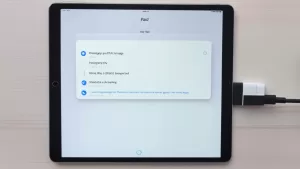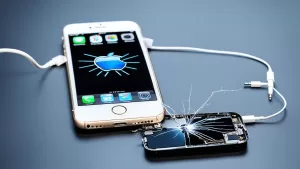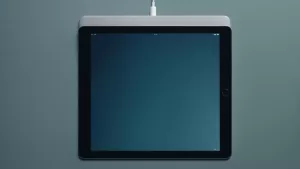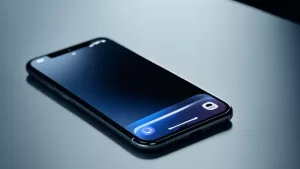Are you facing the frustrating dilemma of your Acer laptop refusing to turn on? Don’t panic just yet. There could be a simple solution to get your laptop back up and running. From issues with the boot sequence to hardware failures, we’re here to help you troubleshoot and fix your Acer laptop. But first, let’s explore why your laptop won’t turn on in the first place.
One of the key reasons your Acer laptop may not be powering up is due to problems with the boot sequence, battery or power supply issues, or even hardware failures. In this article, we will guide you through four simple steps to diagnose and resolve the problem, from the easiest to the most complex. So, let’s dive in and get your Acer laptop back on track.
Key Takeaways:
- There are several common causes for an Acer laptop not turning on, including boot sequence issues, battery or power supply problems, and hardware failures.
- Begin troubleshooting by checking the power connection and ensuring that your laptop is properly connected to the power source.
- Remove any external storage devices and peripherals that may interfere with the boot process.
- Address sleep/hibernate mode and battery issues by leaving the laptop connected to power for several hours or adjusting power management settings.
- If all else fails, it’s possible that your Acer laptop has a hardware failure and may require professional diagnosis and repair.
Check the Power Connection
When your Acer laptop won’t turn on, the first thing you should check is the power connection. Ensuring that your laptop is properly connected to the power source using the default power adapter that came with your laptop is crucial. Look for any lights that indicate the laptop is receiving power. If the power LED does not light up when the adapter is connected, try using a different power source or consider seeking professional repair or replacement for the power supply.
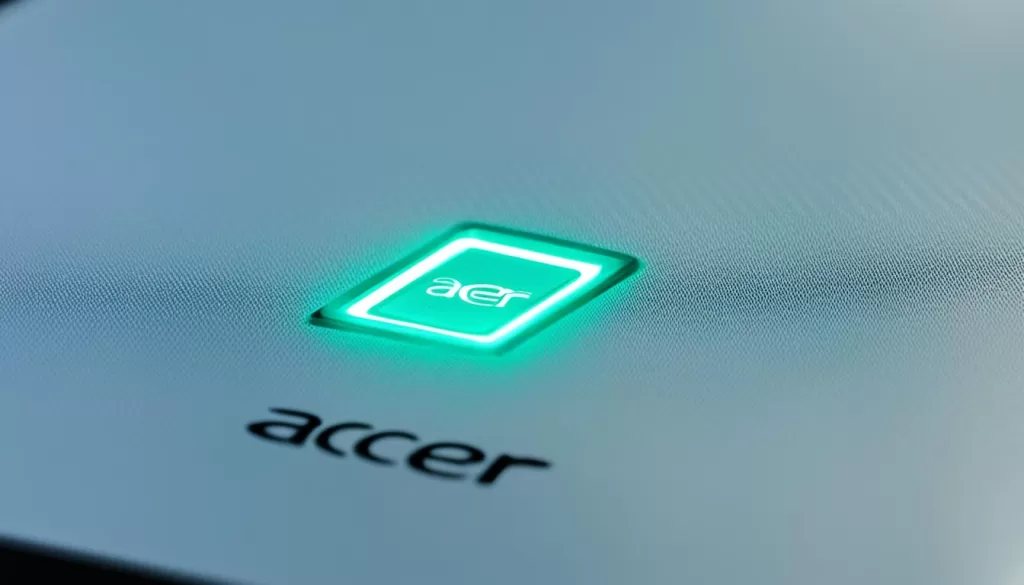
Troubleshooting Acer Laptop Power Connection Issues
| Issue | Possible Cause | Solution |
|---|---|---|
| No power LED | Faulty power adapter or power supply | Try a different power source or seek professional repair |
| Intermittent power | Loose power connection or damaged power cable | Ensure a secure power connection and replace the cable if necessary |
Remove External Storage Devices and Peripherals
Sometimes, an Acer laptop may attempt to boot from an external drive, causing it to not turn on properly. To eliminate this as a possible cause of failure, remove all external storage devices such as hard drives, optical drives, flash drives, and SD cards. Additionally, disconnect any docks, hubs, monitors, and other peripherals that may interfere with the boot process or draw too much power. By removing these external devices, you can ensure that your laptop boots from the primary hard drive and is not prevented from turning on.
Address Sleep/Hibernate Mode and Battery Issues
If you’re facing an issue where your Acer laptop appears unresponsive or has a black screen, it could be stuck in sleep or hibernate mode. To resolve this problem, there are a few steps you can take:
- Leave your laptop connected to power for several hours to allow the battery to charge. In some cases, a low battery level can prevent the laptop from powering on even when it is plugged in. Leaving it connected to power overnight can also help.
- Make sure to configure your laptop’s mouse or keyboard settings to wake it from sleep or hibernate mode. Sometimes the laptop may not respond to other inputs and needs to be awakened using the mouse or keyboard.
- Check for any power management settings that may be affecting the startup process. Adjusting these settings can help ensure that your laptop powers on smoothly and without any issues.
If these steps don’t resolve the problem and your Acer laptop still won’t turn on, there may be a deeper hardware issue that requires professional assistance. Consider contacting an authorized Acer service center or tech support for further troubleshooting and repair.
| Problem | Possible Solution |
|---|---|
| Acer laptop does not respond when the power button is pressed | Connect the laptop to a power source and leave it charging for several hours. Make sure the battery is not completely drained. |
| Acer laptop screen remains black | Check if the laptop is in sleep or hibernate mode. Configure the mouse or keyboard settings to wake the laptop from sleep. If necessary, adjust power management settings. |
| Acer laptop battery is not charging | Ensure the laptop is connected to a functioning power source. Try using a different charging cable or power adapter. If the issue persists, the battery may need to be replaced. |
| Acer laptop shuts down unexpectedly | Clean the laptop’s cooling vents to prevent overheating. Check for any software issues or conflicting programs that may be causing the shutdown. If necessary, seek professional assistance. |
Troubleshoot Bios Settings and Overheating Issues
If your Acer laptop is not booting or won’t turn on, incorrect BIOS settings could be the culprit. Fortunately, you can easily fix this issue by resetting the BIOS settings to their default configuration.
To reset the BIOS settings, follow these steps:
- Hold the power button on your Acer laptop for 10 seconds to turn it off completely.
- Turn on the laptop again and immediately start pressing the designated key (usually F2) to enter the BIOS during startup.
- Once you’re in the BIOS, navigate to the option that allows you to load the default configuration.
- Save the changes and exit the BIOS.
By resetting the BIOS settings to their default values, you can resolve any conflicts or misconfigurations that may be preventing your Acer laptop from turning on properly.
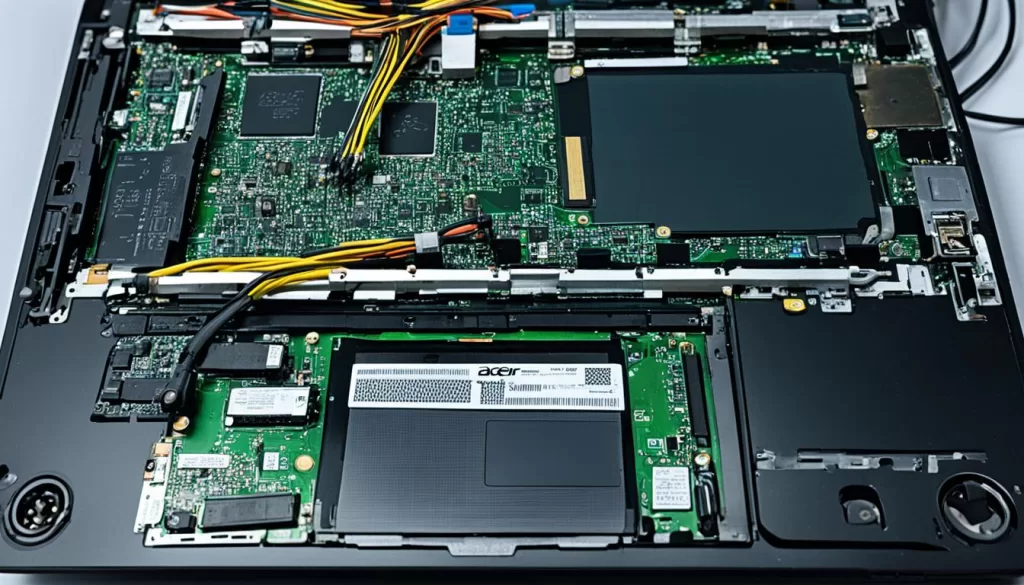
Diagnose Hardware Failures
If all the previous troubleshooting steps have failed to resolve the issue, it is likely that your Acer laptop has a hardware failure. In such cases, it is recommended to seek professional diagnosis and repair.
Contacting a reputable repair shop or reaching out to Acer support can help further troubleshoot and fix the problem. Professional technicians have the expertise to identify and replace any faulty hardware components, such as the motherboard, RAM, or hard drive, that may be preventing your laptop from turning on.
Diagnosing and fixing hardware failures requires specialized knowledge and equipment, so it’s best to rely on professionals who can accurately assess the problem and provide appropriate solutions. Attempting to fix the issue yourself without proper expertise may worsen the situation or cause further damage to your laptop.
